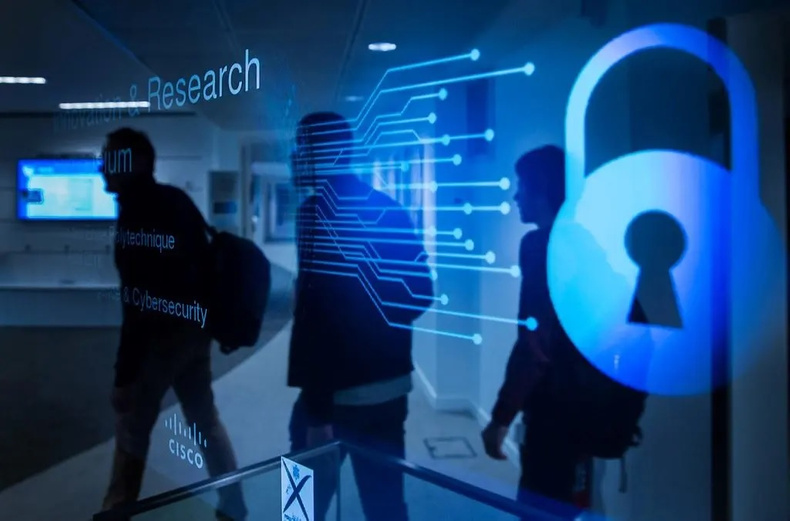The importance of cyber security in SMEs

Cyber security focuses on protecting computer systems from unauthorized access or being otherwise damaged or made inaccessible (IT Governance, 2019). In the modern day, huge exchanges of information are one of the advantages of using cloud technology, which provides workplace flexibility and attracts workers from all over. However, in recent years with the wider adoption of remote working, this has fuelled a global rise in cyber-attacks resulting from human error and the exploitation of weak remote working technologies.
Over the past twelve months, 39% of businesses in the UK identified a cyber-attack. The most common threat vector was phishing attempts (83%) around one in five (21%) identified a more sophisticated attack type such as a denial of service, malware or ransomware attack. 31% of businesses and 26% of charities estimate a cyber-attack at least once a week (GOV, 2022).
Information theft is the most expensive and fastest-growing segment of cybercrime. Largely driven by the increasing exposure of identity information to the web via cloud services. A lack of focus on cybersecurity can damage your business in a range of ways including financial implications, reputational cost and loss of consumer trust and regulatory fines or sanctions.
Thus, the potential cost of a cyberattack is far greater than the likely cost of an adequate cybersecurity budget. Regardless of size, all businesses must ensure all staff understands cybersecurity threats and how to mitigate them - especially when managing remote working.
At 5R Data, we understand the importance of cyber security as a growing organisation and are continuously improving and updating our security measures by:
- Providing regular training on cyber security awareness to ensure staff stay safe when working externally and internally.
- Issuing daily updates on current technology and security implementation.
- Implementing boundary firewalls and internet gateways to establish network perimeter defences, particularly web proxy, web flittering content checking and firewall policies to detect and block executable downloads.
- Using malware protection to maintain malware defences to detect and respond to known attack code.
- Installing and regularly updating anti-malware, anti-virus and anti-spyware software on every computer used in the business
- Monitoring our systems continuously to detect potential problem
